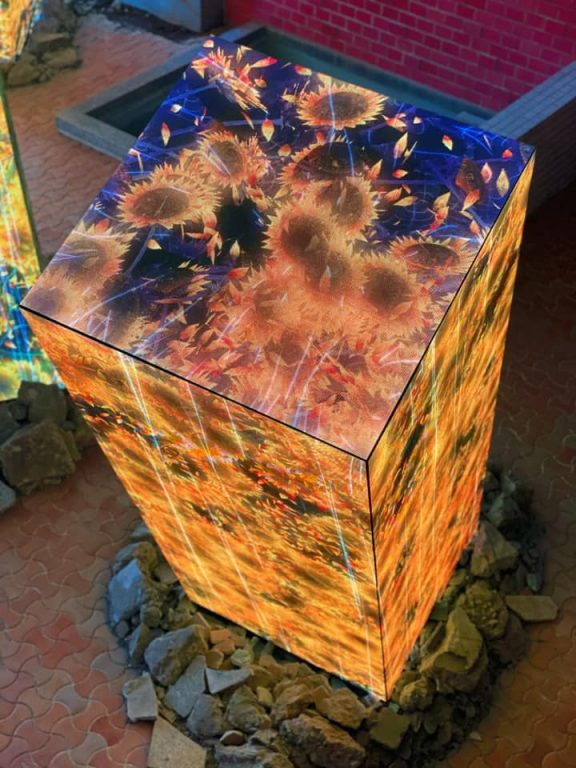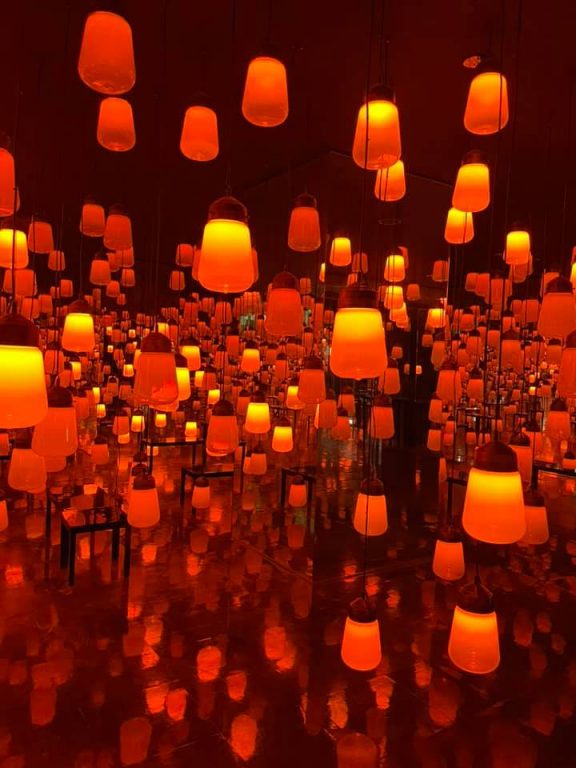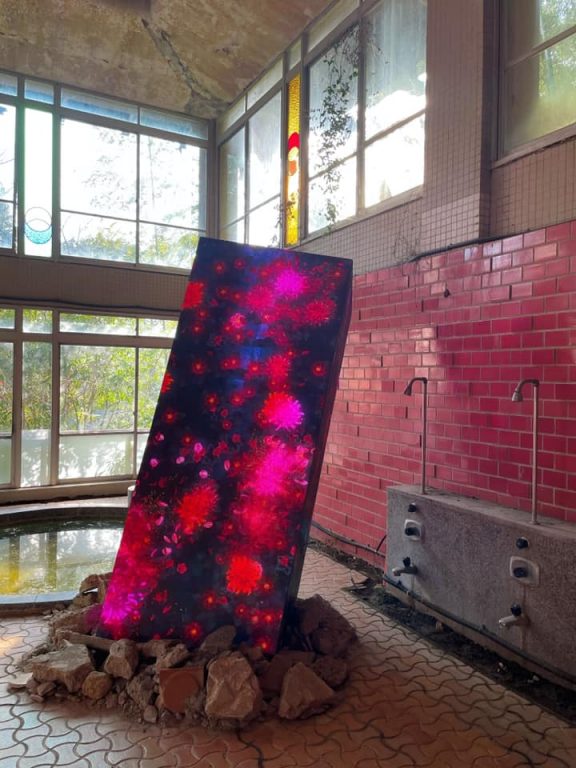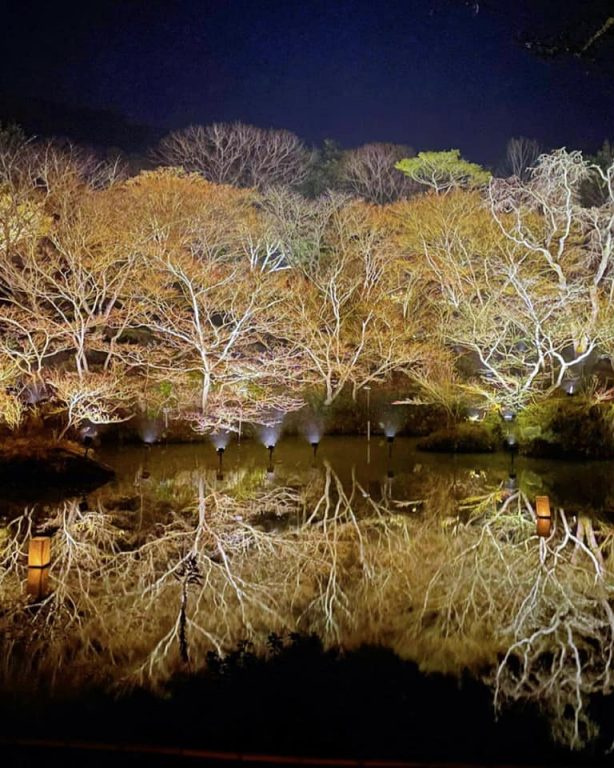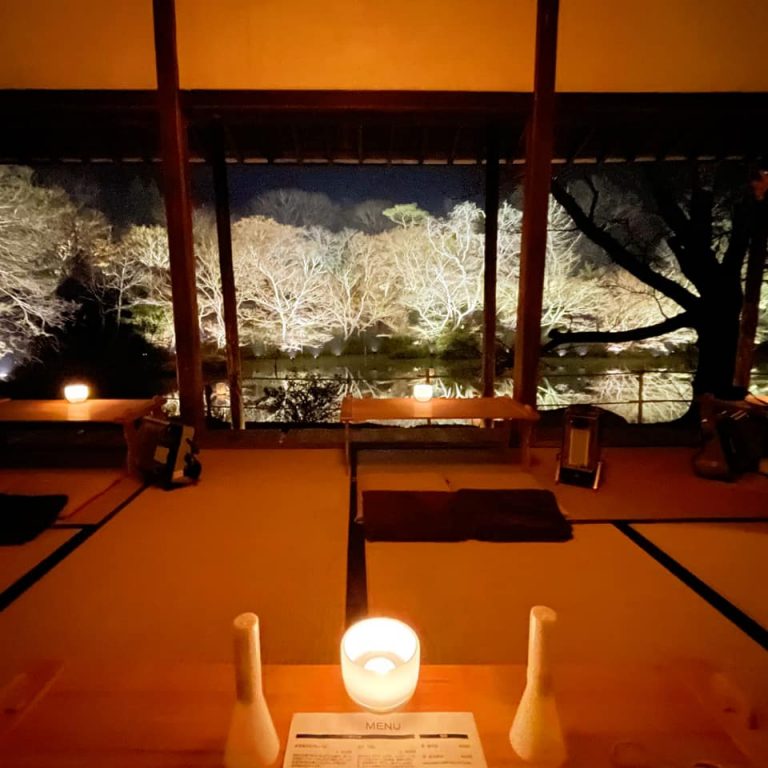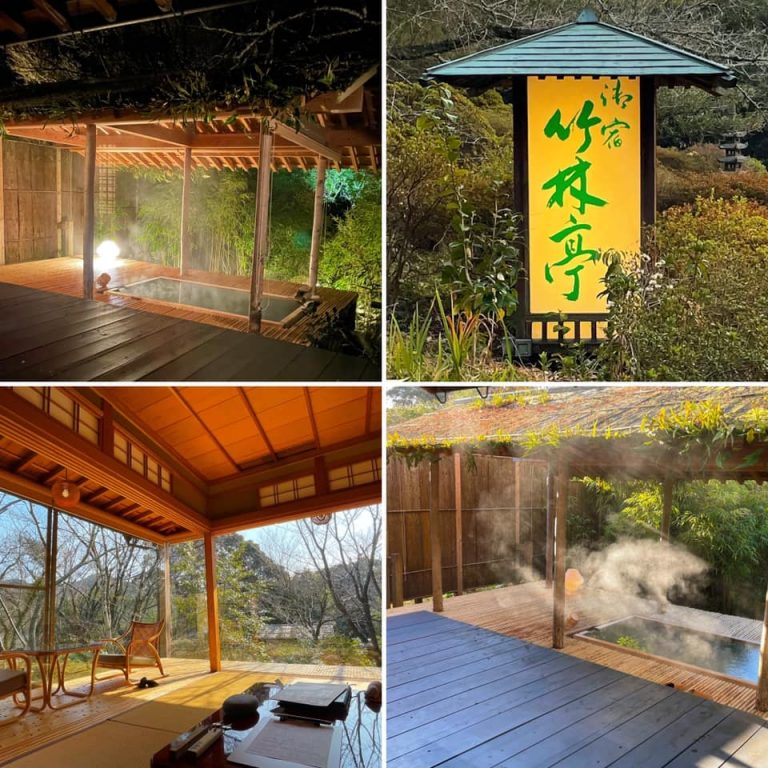Rakuen Project x teamLab : Enjoy Art at “Rakan-no-Yu,” Ranked No. 1 in Saunasuran for Two Consecutive Years
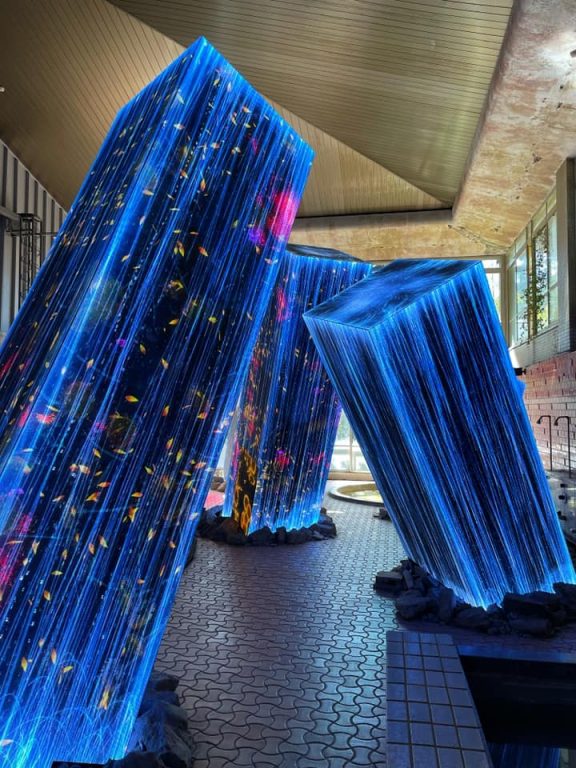
Paradise Project x teamLab
An art exhibition utilizing abandoned buildings in Mifuneyama Rakuen in Saga Prefecture.
It was found that art, in addition to being enjoyed as art, can contribute to the economy through domestic tourism and inbound tourism, even before Corona.
In Japan, there are countless places to enjoy such as the Great Buddha, shrines and temples, and power spots.
Because of its long history, it is full of future possibilities, including affinity with contemporary art. This attempt is a first-class finish to a project in line with this trend.
The custom of bathing began in the Nara period (710-794) and flourished in the Muromachi period (1333-1573).
Rinkan” (淋汗茶の湯), a term for serving tea to guests after bathing, was widely practiced in the tea ceremony when Murata Tamamitsu (1422-1502), the founder of wabicha, was a young man to sweat it out in a luxuriously decorated mixed bath, followed by somen noodles and a matcha (powdered tea drinking) contest.
Later, Murata Shuko met Ikkyu Soujun of Daitokuji Temple, and they came to the “Chazen Ippiki” and opened their eyes to Wabicha (tea ceremony).
Yoshihisa Obara and Hisayuki Inoko may be trying to recreate this kind of Basara culture in the modern age.
◆Exhibition
TeamLab Ruins and Ruins: Gonh sweat tea ceremony
1. flowers pomming in an abandoned bathhouse
2. megaliths in an abandoned bathhouse
3. a group of butterflies dancing in the ruins at the end of the underpass, a transcendent space
4. forests and spirals of responding lamps – one stroke
You can see this art alone, but you should also enjoy at the same time the “Rakan-no-yu,” which was ranked No. 1 two years in a row by Saunasuran.
